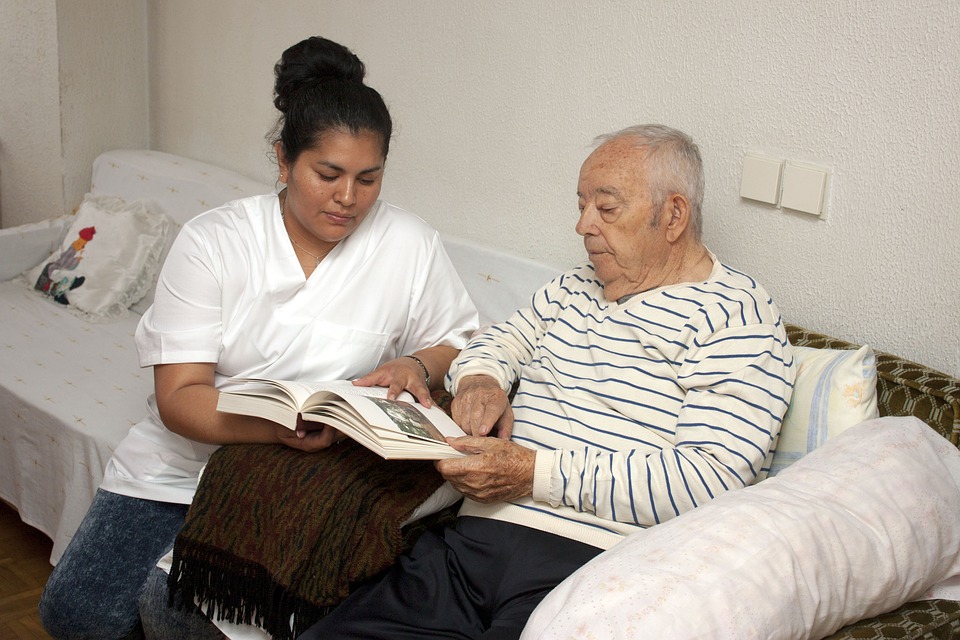This article was originally published by the Alzheimer Society of BC.
How are you sleeping at night? Fine. How many times do you get up during the night? Not many. How many times were you up last night? Oh, twelve. It’s just another sleepless night for the Alzheimer caregiver.
Providing care for someone with Alzheimer’s disease takes a tremendous toll on the physical and emotional health of the primary caregiver, yet many caregivers often don’t recognize the warning signs, or deny its effects on their health. Many caregivers tend to set their own needs aside while caring for the person with Alzheimer’s disease and hope that if they don’t think about it, the stress might just go away.
Dr. Julie Chandler, a physician in Yarmouth, Nova Scotia, says, “Fatigue is one of the major things that I see. People reaching the end of the rope in terms of their patience. Some of this is related to fatigue, because if you’re constantly tired from being up all night with the person with Alzheimer’s disease, how can you possibly be patient with them even though that’s what they need?”
Caregiver stress is a normal part of Alzheimer caregiving. There are steps you can take to reduce it but first, you must recognize it. The 10 warning signs of caregiver stress include denial that the person even has the disease, anger at the person with the disease and others, emotional sensitivity, social withdrawal and depression. Symptoms also include lack of sleep, lack of concentration, exhaustion, anxiety and an increase in health problems.
If you or someone you know is exhibiting signs of caregiver stress, it is important to seek help. The person under stress should go to the doctor for regular check-ups. Ask family members and friends for their help and support. Take advantage of community programs that provide respite and relief from caregiving, practical help with meals or housework and assistance with the care of the person with Alzheimer’s disease. And plan ahead for both the immediate future and the long term. These are just some of the things caregivers can do to make their lives a bit easier.
The Alzheimer Society can help with services such as support groups, counselling, information resources and MedicAlert® Safely Home®, the Society’s wandering registry. The Alzheimer Society also funds research into improved methods of caregiving and service delivery, as well as research into the cause and cure of Alzheimer’s disease.





